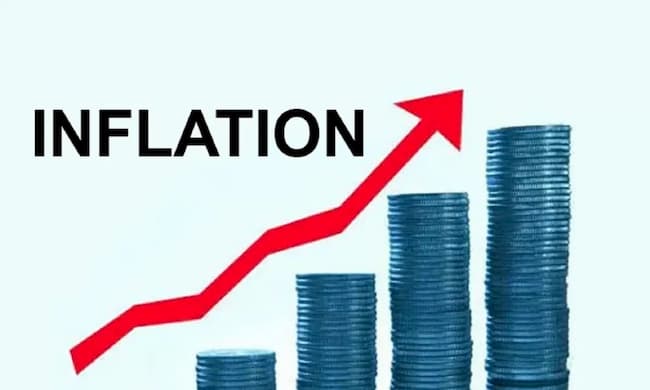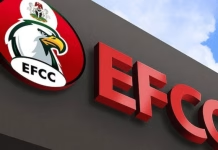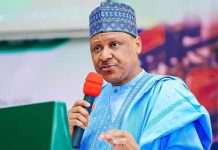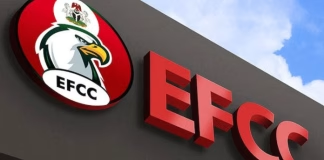The Manufacturer’s Association of Nigeria (MAN) has said that Nigeria cannot afford a high inflation rate, as it was not a “recovery recipe”.
This was disclosed by the Director-General (DG), Segun Ajayi-Kadir, on Wednesday in an interview with the News Agency of Nigeria (NAN).
He noted that for a seamless movement of farm products in the country, the Federal Government would need to tackle the issue of insecurity plaguing various quarters of the country.
Ajayi-Kadir said that the manufacturing industry was “neck-deep” in losses, as it had a growth rate steeped in the negative zone at -1.51 percent in the fourth quarter of 2020.
He said, “Efforts also need to be doubled to initiate policy measures that will address rising incidence of insecurity required for seamless farming, food production and ensure monetary flows are directed toward productive activities.
“Unfortunately, the Nigerian economy is still struggling to recover fully from the repeated bout with recession and can therefore not afford high inflation rate, which is not a recovery recipe.
READ ALSO: Declining Inflation Rate Shows Bias in CPI Basket – Analysts
“In addition, the manufacturing sector is still battling for survival as its growth rate is still neck-deep in the negative region with a growth rate of -1.51% in the Q4 2020 from -1.52 % in Q3 of the same year.
“The current inflationary condition in Nigeria adversely affects the profitability of manufacturing and is partly responsible for its poor competitiveness in the sector.
“Of course, inflation rate of 18.12% is still not healthy for the well-being of the people and the growth aspiration of the economy and should therefore be properly managed before it spirals out of control.
“For instance, while CBN was creating funding windows at single digit interest rate to encourage production, government increased VAT from 5 per cent to 7.5 per cent. Similarly, government increased minimum wage and also allowed increase in electricity tariff and so on.
“Government, in partnership with the manufacturers, should select strategic products, particularly those with high inter-industry linkage, for backward integration support and upscale the drive for the resource-based industrialisation agenda.”
Inflation Figures
In a recently released report by the Nigeria Bureau of Statistics (NBS), Nigeria’s headline inflation rate stood at 18.12 percent, a marginal drop from 18.17 percent logged in March.
Also speaking on the impact of the marginal decrease in the inflation rate was the Lagos Chamber of Commerce and Industry (LCCI).
The chamber’s Director-General (DG), Muda Yusuf, said that the marginal moderation in food prices – food inflation fell to 22.75 against 22.95 reported in March – dampened consumer purchasing power.
He added that “High inflation environment also impact businesses in terms of rising production costs and depressed margins, making it increasingly difficult for corporates to deliver impressive returns to shareholders.”













